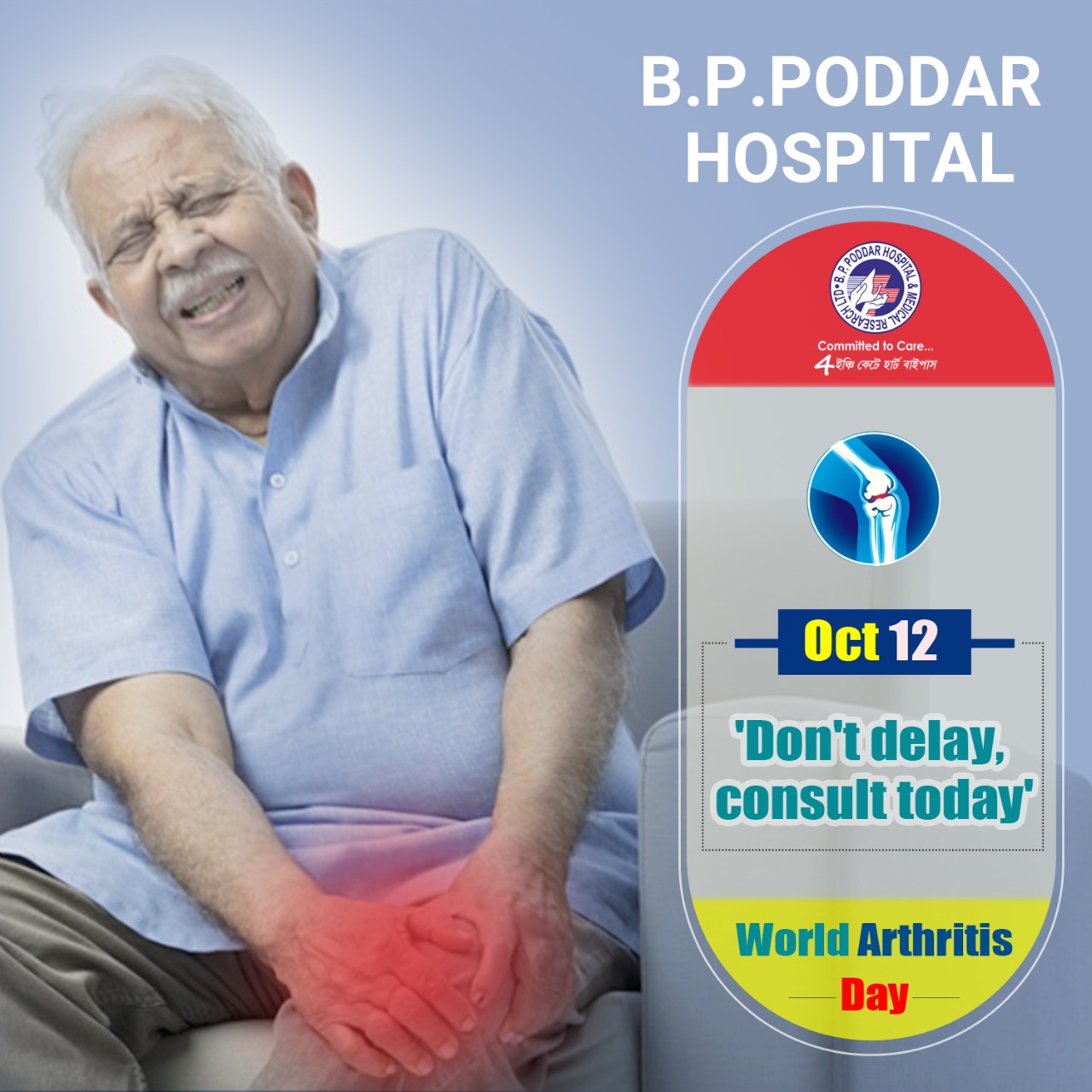
10 October, 2022
Arthritis is the medical term for swelling or joint inflammation. It describes more than 100 ailments that have an impact on connective tissues, joints, and surrounding tissues. Depending on the type of arthritis, specific symptoms can vary, although stiffness and pain in the joints are typically present.
Types of Arthritis
Rheumatoid arthritis and osteoarthritis are the two most prevalent kinds of arthritis.
- Osteoarthritis- It is the deterioration of the cartilage which is a hard, smooth coating on the ends of bones where they form a joint which gets worn down due to damage. This deterioration may take place gradually over many years or may be sped up by an infection or joint damage. The lining of the joint may swell and become inflamed if the cartilage in the joint is significantly damaged. This results in grinding of the bones directly against each other, causing pain and limiting movement.
- Rheumatoid arthritis- The strong membrane that encloses all the joint components is attacked by the body's immune system. Due to this, the synovial membrane swells and becomes irritated. Bone and cartilage in the joint may eventually be destroyed by the illness.
Other forms of arthritis can be brought on by infections or underlying conditions like lupus or psoriasis. Gout can be brought on by uric acid crystals, which develop when your blood uric acid level is too high.
Symptoms
- Intense pain in the joints.
- Swelling in the joints.
- Redness and stiffness in the joints.
- Decreased range of movements.
Risk factors
- Age- osteoarthritis usually happens with age.
- Family history- people with a family history of arthritis are more likely to have it in the future.
- Gender- women are majorly affected with rheumatoid arthritis than men, whereas gout usually happens in men.
- Lifestyle- due to bad lifestyle like obesity have the higher risks of having arthritis.
- People are more prone to develop arthritis in a joint that has been injured, possibly while participating in sports.
Treatment
The goals of arthritis treatment include managing pain, reducing joint deterioration, and enhancing or maintaining function and quality of life. This can be accomplished while also protecting joints from future harm by supplementing a variety of drugs and lifestyle choices.
- Medications like analgesics, Nonsteroidal anti- inflammatory drugs (NSAIDs) etc.
- People with arthritis can improve their general health and lessen the severity of their symptoms by maintaining a healthy, balanced diet, getting the right amount of exercise, and refraining from smoking and excessive alcohol consumption.
- Physiotherapy and exercises.
- Surgery- in case of severe arthritis, surgeries like Total Knee Replacement, Total Hip Replacement, joint fusion, synovectomy, osteotomy etc.
